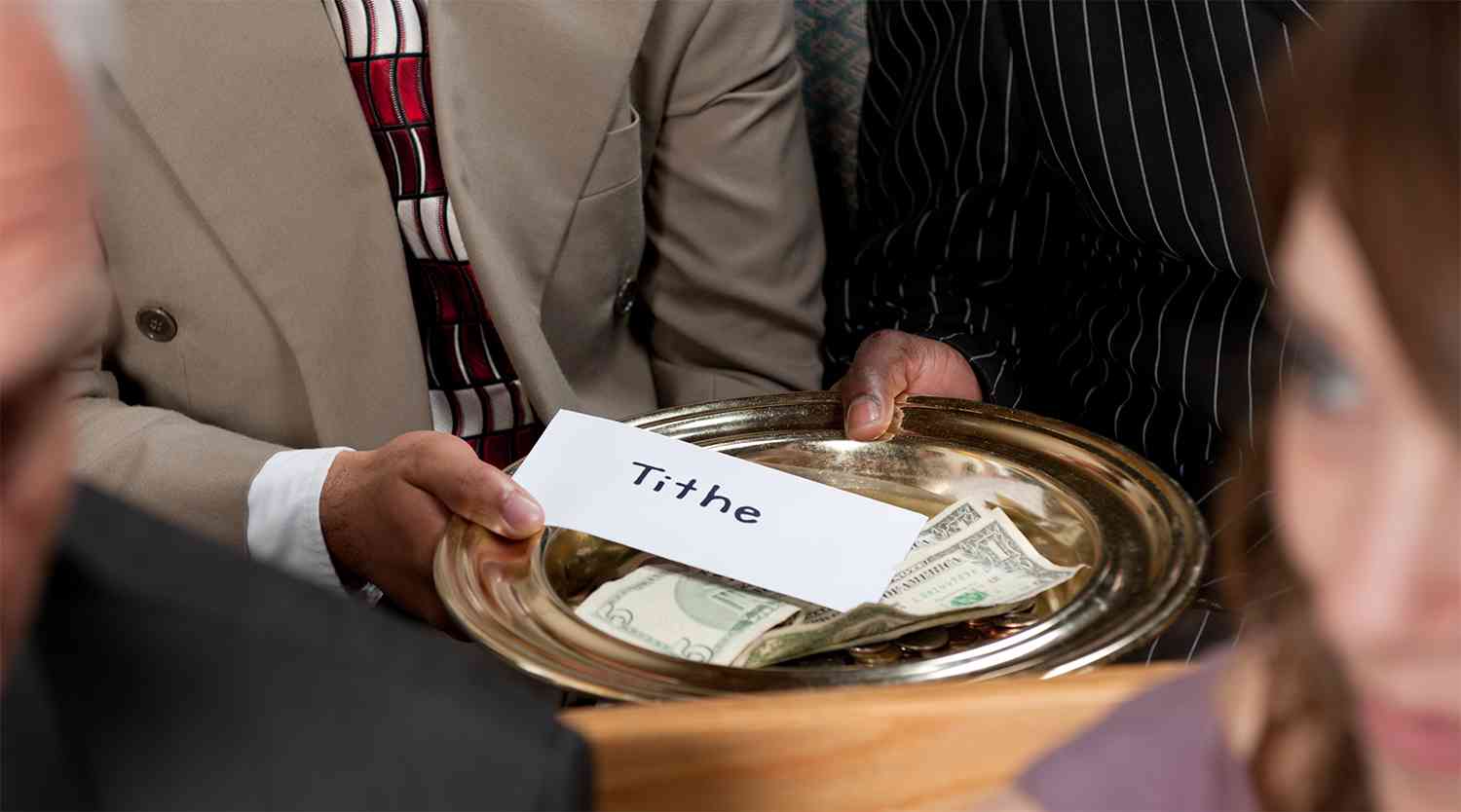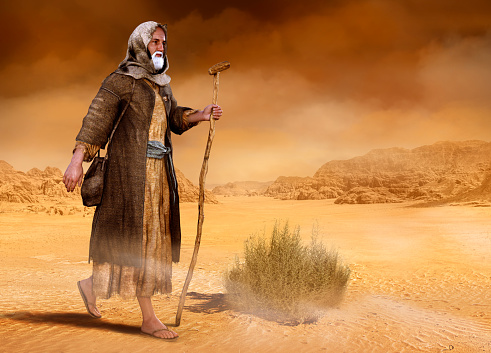
The tithe is an offering to the Lord our God, which requires us to donate a tenth of all our personal gains through those who carry the role of priests.
When exactly this practice started may be a subject for debate, but it is one of the statutes prescribed by God at a given time.
The first mention of the act of paying a tithe in our Bible is found in Genesis 15:20 which reads: “And Abram gave him (Melchiz’edek, King of Salem and priest of God Most High) a tenth of everything.” There is a background to this gesture, as per Genesis 15:8-20.
For the benefit of all readers, let’s recap the story and reason behind why Abraham donated a tenth of everything he owned to the Lord.
Then, the King of Sodon, the King of Gomorah, the King of Admah, the King of Zeboi’im and the King of Bela went out, and they fought a battle in the Valley of Siddim against Ched-or-lao’mer King of Elam, Tidal King of Ella’sar, four kings against five.
Now the valley of Siddim was full of bitumen pits; and as the Kings of Sodom and Gomorrah fled, some fell into them, and the rest fled to the mountain.
So the enemy took all the goods of Sodom and Gomor’rah, and all their provisions, and went their way. They also took Lot, the son of Abram’s brother, who dwelt in Sodom, and his goods, and departed.
Then one who had escaped came, and told Abram the Hebrew, who was living by the oaks of Mamre the Amorite, brother of Eshcol and of Amer; these were allies of Abram.
- Sunday word: Identifying ‘mother of earth’s abominations’
- Sunday word: Seven plagues of Judgement Day
- Sunday word: Distinguish true friends from pretenders
- Sunday word: Man cannot change God’s decision
Keep Reading
When Abram heard that his kinsman had been taken captive, he led forth his trained men, born in his house, three hundred and eighteen of them, and went in pursuit as far as Dan.
And he divided his forces against them by night, he and his servants, and routed them and pursued them to Hobah, north of Damascus.
Then he brought back all the goods, and he also brought back his kinsman Lot with his goods, and the women and the people.
After his return from the defeat of Ched-or-lao’mer and the kings who were with him, the King of Sodom went out to meet him at the Valley of Shaveh. And Melchiz’edek King of Salem brought out bread and wine; he was priest of God Most High. And he blessed him and said, “Blessed be Abram by God Most High, maker of heaven and earth; and blessed be God Most High, who has delivered your enemies into your hand!” And Abram gave him a tenth of everything (end quote).
God gave directives on the procedure to be followed by the priests who receive the tithe. Number 18:25-32 reads: “Moreover you shall say to the priests, ‘when you take from the people the tithe which I have given you from them for your inheritance, then you shall present an offering form it to the Lord, a tithe of the tithe. And your offering shall be reckoned to you a though it were the grain of the threshing floor, and as the fullness of the wine press. So you shall also present an offering to the Lord from all your tithes, which you receive form the people. And from it you shall give the Lord’s offering to the chief priest. Out of all the gifts to you, you shall present every offering due to the Lord, from the best of them, giving the hallowed part from them.’ Therefore you shall say to them, ‘when you have offered from it the best of it, then the rest shall be reckoned to the priests as product of the threshing floor, and as produce of the wine press; and you may eat it in any place, you and your household; for it is your reward in return for your services in the tent of meeting. And you shall bear no sin by reason of it, when you have offered the best of it. And you shall not profane the holy things of the people, lest you die.”
Simply put, what this implies is that from the tithe that the priests receive from the people, a tithe of the tithe should then be forwarded to the head of the ‘priesthood’. What then remains is to be used within the priests' household.
However, there are further instructions in instances where the tithe cannot be handed directly to the ‘priest’ for one reason or other.
In Deuteronomy 14:22-29, the Lord our God directed; “You shall tithe all the yield of your seed, which comes forth from the field year-by-year. And before the Lord your God, in the place which he will choose, to make his name dwell there, you shall eat the tithe of your grain, of your wine, and of your oil, and the firstlings of your herd and flock; that you may learn to fear the Lord your God always. And if the way is too long for you, so that you are not able to bring the tithe, when the Lord your God blesses you, because the place is too far from you, which the Lord your God chooses to set His name there, then you shall turn it into money, and bind up the money in your hand, and go to the place which the Lord your God chooses, and spend the money for whatever you desire, oxen or sheep, or wine of strong drink, whatever your appetite craves: and you shall eat there before your God and rejoice, you and your household. And you shall not forsake the priest who is within your towns, for he has no portion or inheritance with you.
“At the end of every three years you shall bring forth all the tithe of your produce in the same year, and lay it up within your town; and the priest, because he has no portion or inheritance with you, and the sojourner, the fatherless and the widow, who are within your towns, shall come and eat and be filled; that the Lord your God may bless you in all the work of your hands that you do”.
In Deuteronomy 26:12-13 God proceeds to say, “when you have finished paying all the tithe of your produce in the third year, which is the year of tithing, giving it to the priest, the sojourner, the fatherless, and the widow, that they may eat within your town, and be filled, then you shall say before the Lord your God, ‘I have removed the sacred portion out of my house, and moreover I have given it to the priest, the sojourner, the fatherless, and the widow, according to all the commandment thou hast commanded me; I have not transgressed any of thy commandments, neither have I forgotten them’”. Amen.
Prosper Tingini is the Scribe of the Children of God Missionary Assembly — God’s messengers. Contact details: Mobile & whatsapp – 0771 260 195. Email address: ptingini@gmail.com










